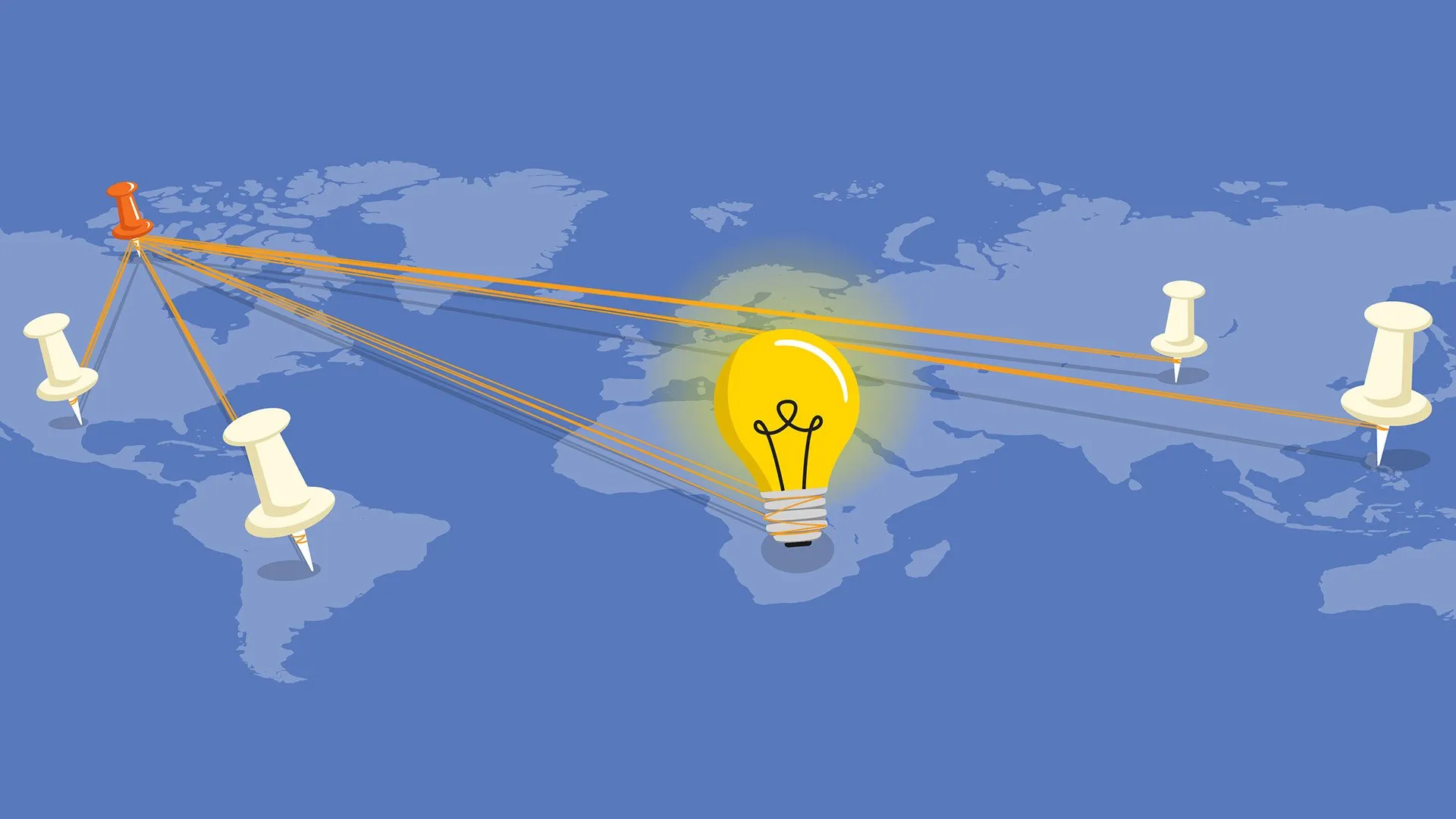Over the last 50 years, the history of outsourcing has undergone huge shifts. It has evolved from its most basic definition: one company contracting with another to perform specific tasks or services as a cost-saving measure.
Now, thanks to factors ranging from globalization to technology, many companies use outsourcing as part of their overall business strategy, while maintaining many key operations in-house. When done correctly, outsourcing allows for those working offshore to be an extension of the home team, working different hours, in a different location. It’s been reported that in general, outsourcing creates positive firm value, and can create room for making internal improvements.

Importantly, outsourcing allows companies to focus on and develop their core functionalities. While offshore partners handle select projects, in-house team members gain time (and energy) to take on greater responsibilities and more intensive, interdepartmental commitments. The next best possibility is that the organization as a whole can begin to make broader transformational changes, including driving an improved company culture.



